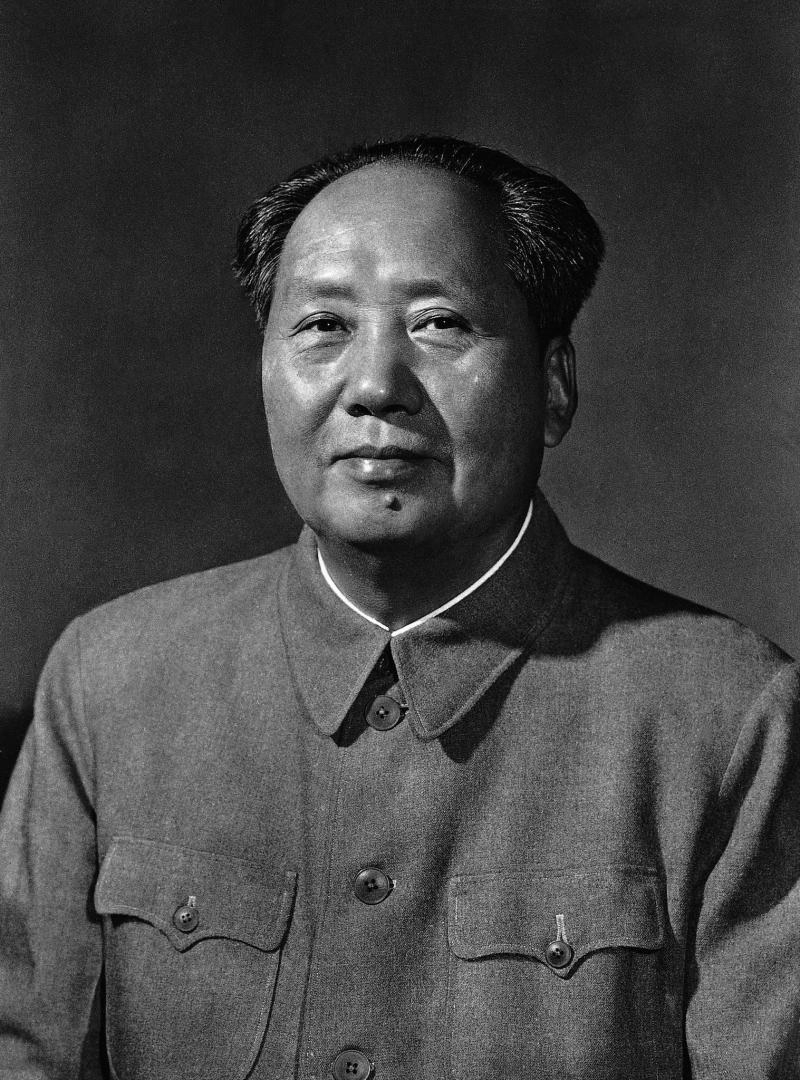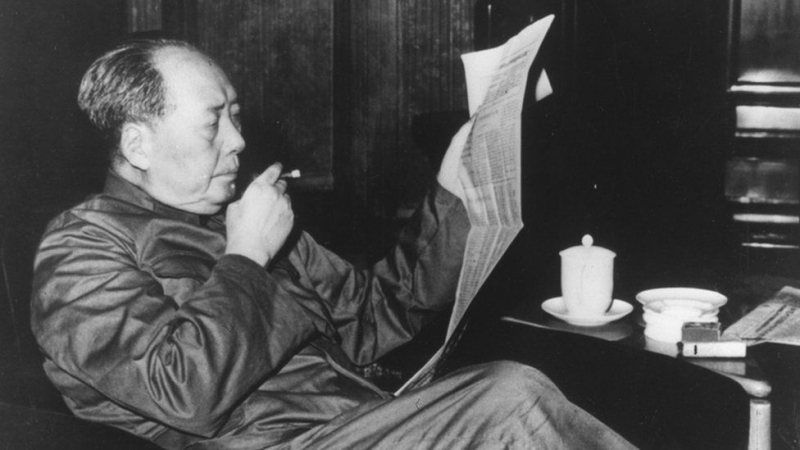The formation of the Chinese Communist Party (CCP) came under his administration
In Shanghai's French concession, Chen Duxiu and Li Dazhao established the Chinese Communist Party in 1921 as a study group and informal network. Along with creating a branch of the Socialist Youth Corps and a Cultural Book Society that built a bookshop to spread revolutionary literature throughout Hunan, Mao established a branch in Changsha. In the hopes that a Hunanese constitution would expand civil freedoms and make his revolutionary activities easier, he participated in the drive for Hunan autonomy. Mao forgot about his role when the campaign succeeded in securing provincial autonomy under a new warlord. Small Marxist organizations had been established in Shanghai, Beijing, Changsha, Wuhan, Guangzhou, and Jinan by 1921. It was agreed to organize a central meeting, which got off on July 23, 1921, in Shanghai.
13 delegates, including Mao, were present for the inaugural session of the National Congress of the Chinese Communist Party. In order to avoid discovery, the delegates relocated to a boat on South Lake in Jiaxing, in Zhejiang, when the authorities deployed a police spy to the convention. Even though Soviet and Comintern delegates were present, the first congress stuck to the traditional Marxist view that only the urban proletariat could lead a socialist revolution and rejected Lenin's advice to accept a short-term alliance between the Communists and the "bourgeois democrats" who also supported a national revolution.
Mao used a number of strategies to strengthen the party in Changsha while serving as party secretary for Hunan. He established the Self-Study University in August 1921, which was headquartered on the grounds of the Society for the Study of Wang Fuzhi, a Qing period Hunanese philosopher who had defied the Manchus and provided readers with access to revolutionary literature. To combat illiteracy, he joined the YMCA Mass Education Movement, but he also changed the textbooks to accommodate radical viewpoints. He persisted in mobilizing employees to strike against Zhao Heng's rule in Hunan. But labor-related concerns remained crucial. Contrary to subsequent Party historians, both "proletarian" and "bourgeois" tactics were used in the renowned and victorious Anyuan coal mine strikes. In addition to organizing the miners, Liu Shaoqi, Li Lisan, and Mao established schools and cooperatives and collaborated with local intellectuals, nobility, military commanders, business owners, Red Gang dragon chiefs, and even religious leaders.









